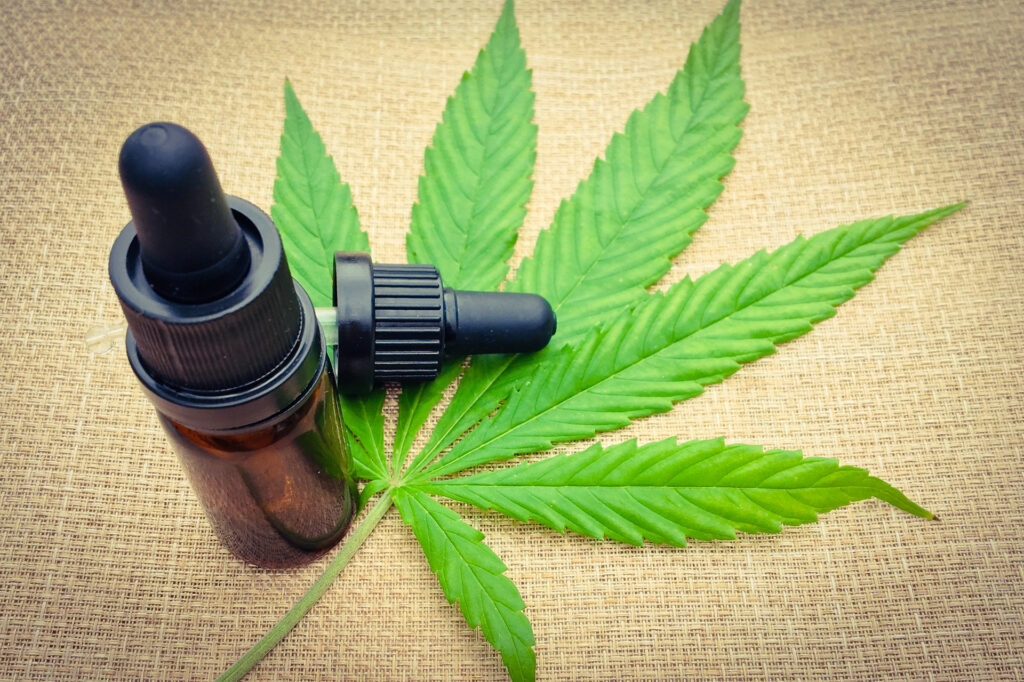Findings of a newly published study show what authors describe as a “cannabis paradox”: Despite concerns that marijuana use may be associated with some heart problems, adults admitted to the hospital after suffering heart attacks actually seemed to fare better if they were cannabis consumers.
“The findings of our study reveal a paradox,” researchers wrote. “Among patients aged 18–80 years admitted to hospital with [acute myocardial infarction] between 2001 and 2020 in the United States, cannabis use was associated with lower risks of complications, such as, cardiogenic shock, acute ischaemic stroke, cardiac arrest, and [percutaneous coronary intervention] use, as well as lower in-hospital mortality despite correcting for several confounding factors.”
“This highlights how cannabis remains a poorly understood substance,” they added, “despite a relentless rise in consumption and social acceptance.”
The report, published in the journal Archives of Medical Science – Atherosclerotic Diseases, examined data from the National Nationwide Inpatient Sample, a database of hospital discharge records across the United States that authors said “represents more than 97% of the US population.”
One reason the 10-author research team—which included members from the United States, the United Kingdom and Mauritius—found the results so surprising is that some scientific evidence indicates a negative association between marijuana and heart health.
“Epidemiological studies have demonstrated an association between cannabis use and an increased risk of developing coronary artery disease,” the study noted. “However, there is a lack of studies about the influence of cannabis consumption on the outcomes following acute myocardial infarction (AMI).”
Authors said their study appears to be “the first to conduct an in-depth assessment of the association between cannabis use and in-hospital outcomes among a representative sample of the US population admitted for AMI over 2 decades.”
“The most startling finding of our study is that cannabis use is associated with reduced in-hospital mortality post AMI,” they wrote. Notably, marijuana users “showed lower odds of all-cause in-hospital mortality when admitted for AMI.”
As for how to explain the “cannabis paradox,” researchers pointed to a few factors. First, they noted that cannabis users were typically younger than non-users in the study—averaging 51.0 years old rather than 62.7 years old. “This age difference could underlie the lower prevalence of known cardiovascular risk factors generally associated with advancing age,” the study says, “such as hypertension, dyslipidaemia, diabetes, chronic kidney disease, prior CABG, and peripheral vascular disease.”
Nevertheless, “even after propensity matching and adjusting for these potential confounders, cannabis use continued to be associated with a survival benefit in AMI,” the team’s analyses found.
Another possibility is that cannabinoids themselves provide some sort of benefit for heart health, or “cardioprotection modulated by activation of cannabinoid receptor type 2,” as researchers put it, pointing to some evidence of protective benefits in mouse model studies.
“Given that the complex mechanisms by which cannabis achieves immunomodulation remain to be fully studied and understood,” they wrote, “the findings of studies similar to ours will hopefully provide the impetus required to drive research in this field even further.”
Yet another possibility is that the heart attacks suffered by cannabis users had different underlying causes than AMIs among non-users, as the study explains:
“The primary mechanism of AMI in cannabis users may differ from the most frequently seen aetiology of atherosclerotic plaque disruption causing acute thrombosis. Studies have shown the effects of cannabis in upregulating the sympathetic element of the autonomic nervous system while inhibiting the parasympathetic component, causing a rise in heart rate, increase in blood pressure, and reduction in coronary blood flow. These changes can also trigger certain arrhythmias, such as supraventricular tachycardia and ventricular tachycardia, seen more commonly in cannabis users in the present study while the higher predisposition to atrial and ventricular fibrillation in our non-cannabis user cohort could be explained by age-related structural and functional remodeling specific to these arrhythmias… Our observation that cannabis users were less likely to undergo PCI compared to non-users would suggest that they were less likely to have obstructing coronary artery disease as the underlying cause for their AMI.”
Authors said the study did have some limitations. It may be affected, for example, by underreporting of cannabis use or by documentation errors at the hospital level. They also said it’s possible there were confounding variables that weren’t identified or corrected for in their analyses.
“Lastly, we cannot determine the relationship between time or amount of cannabis consumption with the AMI,” they wrote. “We cannot adjust for historical rather than regular or recent cannabis use, which, theoretically, is less likely to predispose to AMI or influence outcomes post AMI.”
Researchers also noted that the “cannabis paradox” parallels earlier findings around tobacco use that led to the phrase “smoker’s paradox.”
“The beneficial effect of cannabis use on short-term outcomes post AMI echoes the ‘smoker’s paradox,’” the report says, “whereby a similar short-term survival benefit was observed in tobacco smokers after treatment for AMI, regardless of whether they had thrombolysis or percutaneous coronary intervention.”
The study comes on the heels of separate research showing that medical marijuana use in older adults may provide multiple therapeutic benefits for the demographic, including for health, well-being, sleep and mood. Authors also observed “sizable reductions in pain severity and pain interference among older aged patients [reporting] chronic pain as their primary condition.”
The research, published in the journal Drugs and Aging, is meant to address what authors call “a general paucity of high quality research” around cannabis and older adults “and a common methodological practice of excluding those aged over 65 years from clinical trials” at a time when older patients are increasingly turning to medical marijuana for relief.
A federally funded study last year, meanwhile, found that among U.S. adults, cannabis and psychedelic use were both at “historic highs,” while teen marijuana use remained stable.





